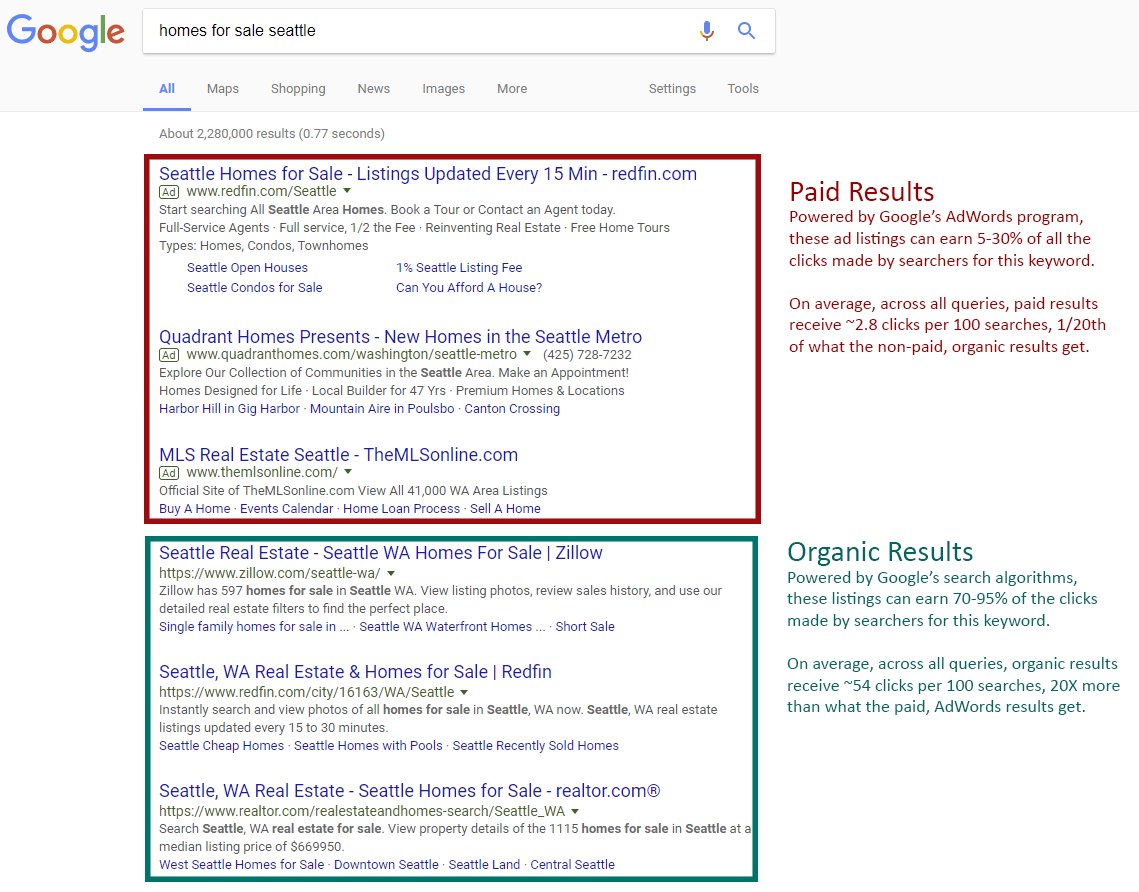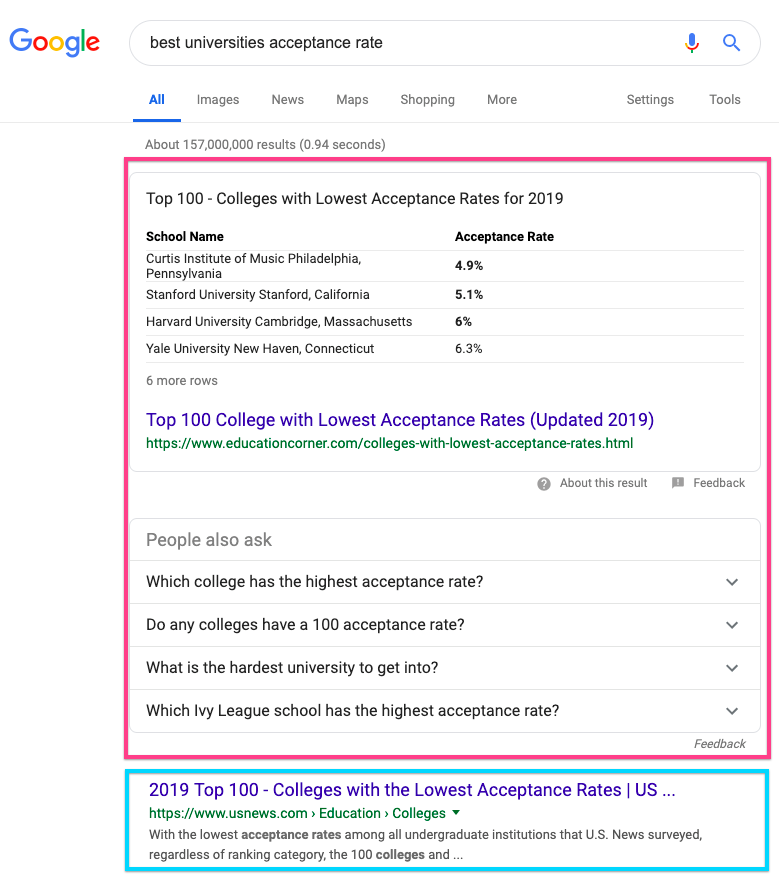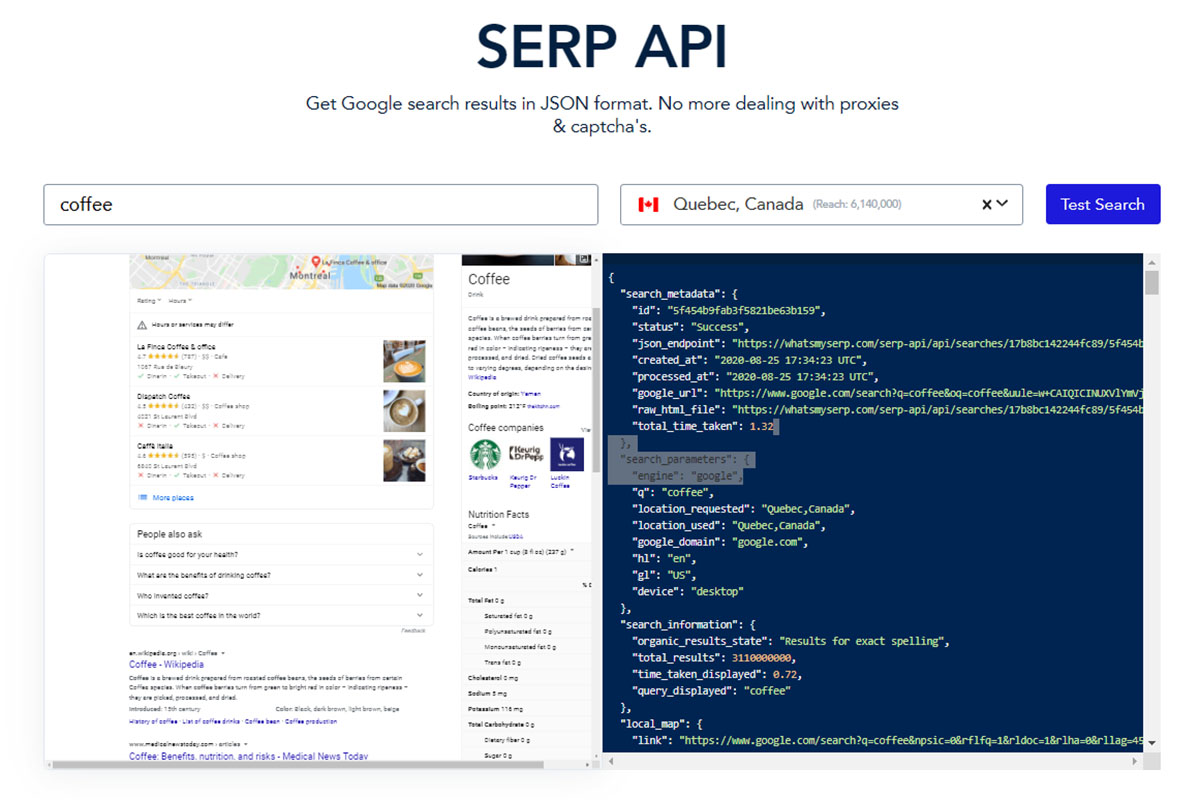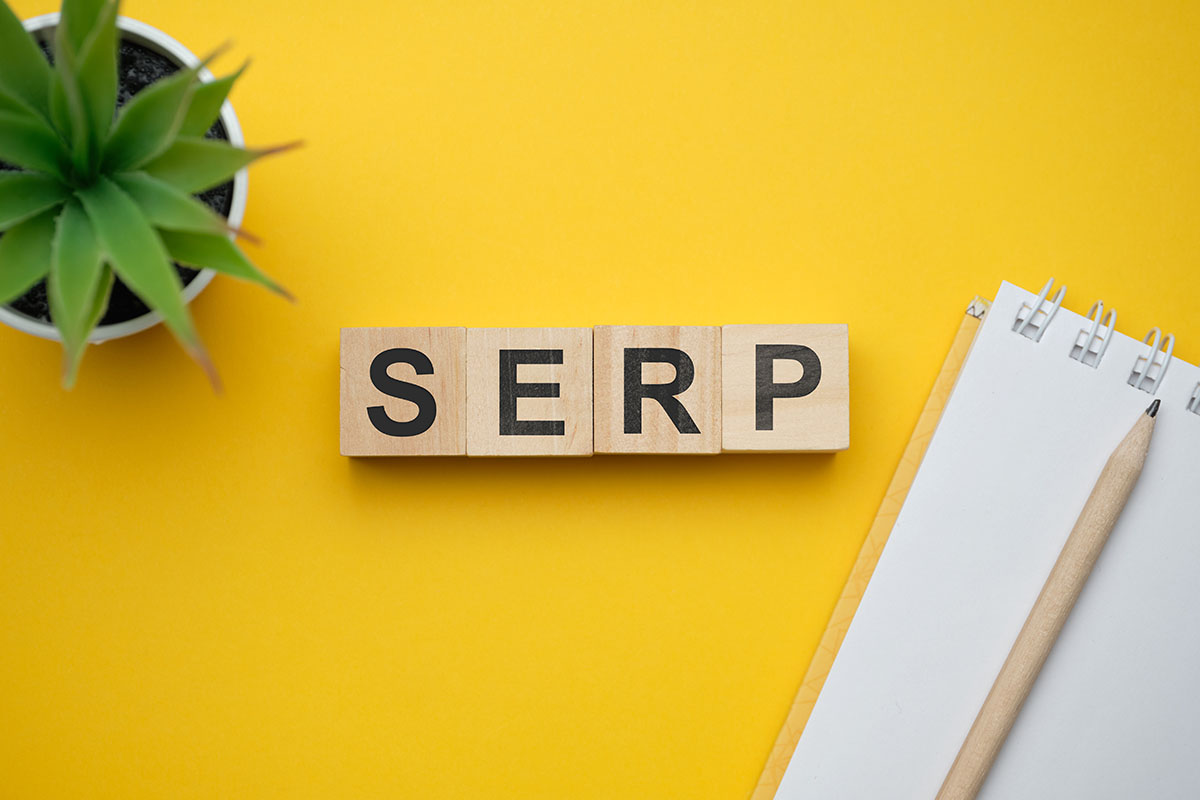What is a SERP: In-Depth and Their Importance
If you’re new to the world of web page ranking, SERP is simply an abbreviation of Search Engine Ranking Page. This is the display page on your search engine and is highly customized depending on your location and the keywords you use, among other factors.
It is as simple as the page that your search engine displays when you enter search queries into it. SERP results are also closely connected to the SEO or Search Engine Optimization.
This simply means that SEO keywords that you enter in-turn generate your SERP.
However, determining your website’s SERP results and optimizing them can seem like a complicated process. You may also wonder why SERP results are important for your product. Read ahead as we explain the world of SERP and how you can navigate them.
What is a SERP?
As we’ve discussed above, a SERP is a page that is displayed before you when you enter search keywords into a search engine.
They are generally a combination of organic search results, paid results, and SERP features. They also include videos and knowledge graphs. Read ahead to understand each better.
Organic Results
The search engine’s algorithm guides these. For instance, Google’s changing algorithm will determine the kind of search results that will organically be included in a SERP.
These are often the most relevant results for any search. These are also the kind of results that often appear when you look for informational content that shows no buying intention.
Paid Results
These include the results generated through Google Ads, where advertisers bid on keywords.
For any searches, Google will place content based on which advertiser has bid the most and which content is the most relevant.
Search queries that use purchase-intended words like ‘buy’ often generate pad results in their SERP.
SERP Features
These include little additions and modifications that Google enables on your SERP. There are several SERP features made available when you search.
- The Instant Answer Feature lets Google immediately answer your search query. This will be displayed in a box directly below your query. This enables brief searches where you won’t have to click on a link for a quick answer.
- Another featured snippet is weather boxes. The day’s maximum and minimum temperature and any rain chances will be displayed directly below your search query for the day’s weather conditions.
- Another common feature of the snippet is the reviews. If you type a ‘how-to’ query, Google may display review snippets right below your search.
If you are planning on optimizing your website for SERP, you may be tempted to believe that paid results will yield you great traffic. While paid results are a great short-term strategy for consistent ranking, ensuring that your content is optimized to feature as an organic result is a good idea.
Google and Organic Results
Several parameters are taken into account for a page to rank in a search engine. Google uses these parameters to index a web page.
Google uses its bots to crawl through multiple web pages and recognize them. These are either done by finding new page links through other pages or through a sitemap that website owners provide Google with. Crawling on Google’s part is an unpaid activity.
Once Google has crawled through the web to find your page, it begins indexing it. This process essentially involves Google understanding and categorizing the content on your page. Here, Google will largely look for text sources to index your content. This is where your keyword and SEO efforts will shine.
Finally, based on how quickly your website page loads, its content, and how Google crawls through it, your page will find a ranking on the SERP. This is where SERP becomes important. By understanding how SERP works and what Google considers, you can promote the visibility of your content and business.
Do note that SEO keyword practices are your best bet of ranking better on Google’s SERP. Further, make sure to add value to your content.
Google’s algorithm will feature your content in its instant answer box if it finds that you have an authoritative and unique perspective on the query.
Finally, location matters a lot. If you are looking for Irish restaurants, Google is most likely to show you search results in your area rather than in Ireland.
How do I use SERP API to judge my rank?
Now that you understand how SERP works and how Google is a player, you will want to know how to use this knowledge to your advantage.
You can do this by scraping the web to find the best keywords for your website and how they rank on the web. You can also do this manually.
To save time, there are SERP APIs and checkers that will make your job much easier for you. By using these APIs, you can get accurate information on your rank and those of your competitors.
Free online rank-tracking services like WhatsMySerp API will give you instant results. This will let you take your website in the direction you want.
Summing It Up
Understanding SERP in depth will let you know precisely how search engines like Google rank content. They also bring you closer to strategies that you can use to ensure that your page ranks well in SERP.
Further, using SERP API can promptly and accurately tell you exactly how your page rank and that of your competition are doing.




















